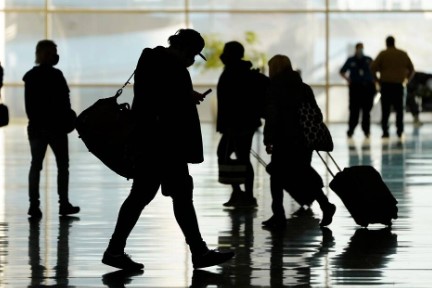The US State Department has issued an updated travel advisory for Bharat, highlighting specific risks associated with the Northeastern States. Meghalaya, along with other Northeastern regions, is now categorised under “Level 3: Reconsider Travel” due to potential threats from ethnic insurgent groups.
Concerns in the Northeastern States
The advisory points to occasional violence by insurgent groups, including bomb blasts targeting public transportation and marketplaces. While no recent incidents have been reported in Assam, Nagaland, Arunachal Pradesh, Mizoram, Sikkim, or Tripura, caution is advised. US Government employees must obtain prior approval before travelling to Sikkim, Arunachal Pradesh, or any areas outside the capital cities of Assam, Mizoram, Nagaland, Meghalaya, and Tripura.
Manipur’s High-Risk Status
Manipur has been classified under the highest risk category, “Level 4: Do Not Travel,” due to ongoing ethnic-based civil conflict, extensive violence, and community displacement. The advisory also notes regular attacks on Indian Government targets in the State.
General Advisory for Bharat
For the rest of Bharat, the State Department has issued a general “Level 2: Exercise Increased Caution” advisory due to crime and terrorism risks. High-risk areas include Jammu and Kashmir (excluding eastern Ladakh), regions within 10 km of the India-Pakistan border, and parts of Central and East India, which are designated as “Level 4.”
Risks and Special Authorisations
The advisory highlights potential threats of terrorist attacks, violent crime, and sexual assault in tourist locations and public areas. Reports indicate that rape is one of the fastest-growing crimes in Bharat. US Government employees require special authorisation to travel to many high-risk areas, including most parts of Bihar, Jharkhand, Chhattisgarh, West Bengal, Meghalaya, and Odisha.
Travellers are advised to stay informed about local conditions and exercise heightened caution, particularly when visiting rural or high-risk regions. The State Department emphasizes its limited capacity to provide emergency services in these areas.

















